The West Can’t Afford to Be Dependent on Petrostates

The United States and Europe should focus foremost on achieving energy independence and disentangling themselves from the values and interests of Riyadh and Moscow.
By Mark Hannah
This article appeared in The National Interest on August 8, 2022. It includes references to the Eurasia Group Foundation, now known as the Institute for Global Affairs.
Europe sweats under record-high summer temperatures as it simultaneously braces for the cold months coming. Last week, the Russian gas company Gazprom announced a drastic cut—down to about 20 percent of capacity—in the flow of gas through the pipeline which supplies Germany. This could make for a catastrophic winter. One recent report grimly explored how Germans might revert to heating their homes with wood.
In the United States, the situation is less severe, though Americans certainly feel the pinch of high energy prices. Polls show voters worry about the rising cost of living, and especially driving costs. So, President Joe Biden reversed his campaign position to make Saudi Arabia a “pariah” and gave the kingdom’s crown prince a fist-bump and a boost to his status.
How did we end up here?
In 1938, an American company in Saudi Arabia struck oil. As the world industrialized, the kingdom swiftly became a leading oil producer and remains central to the world energy market today, with extraordinary leverage over its security provider, the United States. But Riyadh is not alone in its ability to bend the will of powerful states. Every “superproducer,” including Russia, is able to exert pressure and resist otherwise strong countries.
…
Read more of this article in The National Interest

Written by Mark Hannah
Mark is a senior fellow with the Independent America project at the Institute for Global Affairs and host of IGA’s podcast, None Of The Above.
Read more from Mark
This post is part of Independent America, a research program led out by Jonathan Guyer, which seeks to explore how US foreign policy could better be tailored to new global realities and to the preferences of American voters.



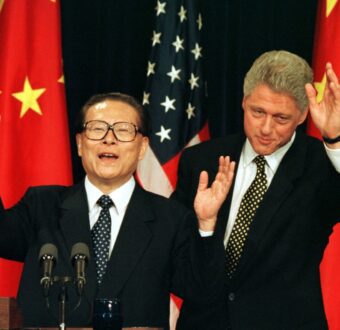
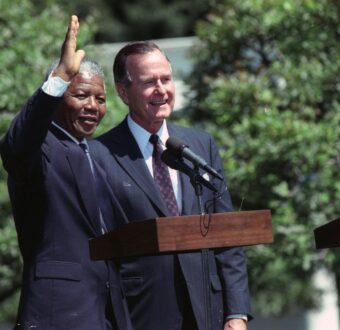
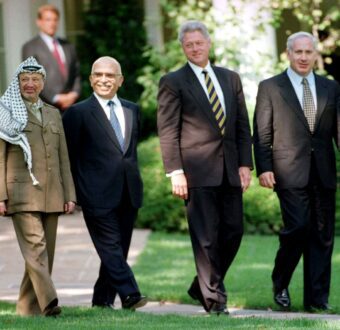

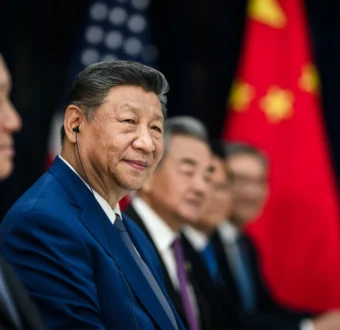
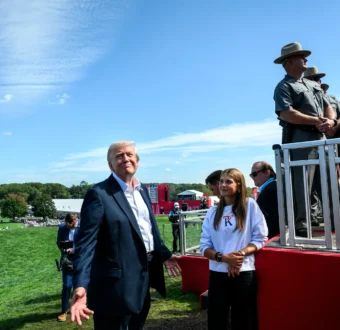



The UN Doesn’t Get Credit for the Lives It Saves